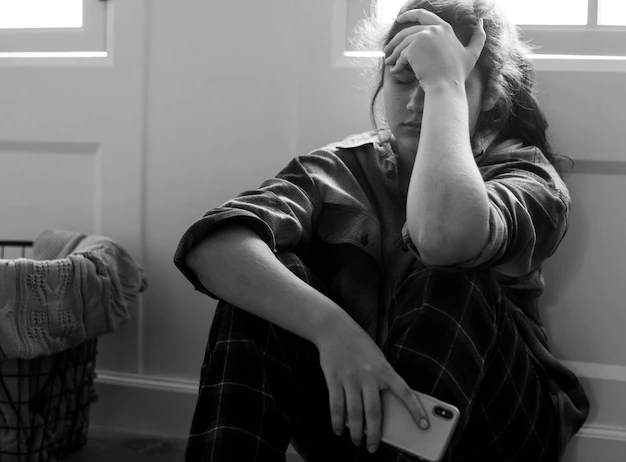Depression is a common mental health condition that affects millions of people worldwide. It can have a significant impact on a person’s quality of life, relationships, and overall well-being. However, the good news is that depression is a treatable condition, and seeking help is the first step towards recovery. By recognizing the symptoms of depression and taking action, individuals can find the support they need to regain control of their lives.
Depression manifests differently in each person, and symptoms can vary in severity and duration. However, there are some common signs to be aware of when considering whether you or a loved one may be experiencing depression. These symptoms may include:
- Persistent sadness: Feeling sad, empty, or hopeless for an extended period, often without a clear reason.
- Loss of interest: Losing interest in activities or hobbies that were once enjoyable. You may find yourself withdrawing from social engagements or struggling to find pleasure in things you used to love.
- Changes in appetite or weight: Significant weight loss or gain, as well as changes in appetite, can be signs of depression. Some individuals may experience a decrease in appetite, while others may turn to food for comfort.
- Sleep disturbances: Insomnia, difficulty falling asleep, staying asleep, or excessive sleeping are common symptoms of depression. You may find yourself feeling tired and lacking energy, even after a full night’s rest.
- Fatigue and low energy: Feeling constantly drained, both physically and mentally, is a prevalent symptom of depression. Simple tasks may feel overwhelming, and motivation may be difficult to find.
- Difficulty concentrating: Depression can make it challenging to concentrate, make decisions, or remember things. This can lead to decreased productivity and a sense of frustration.
- Feelings of worthlessness or guilt: Persistent feelings of worthlessness, self-blame, or guilt are common symptoms of depression. You may be excessively critical of yourself and find it hard to forgive your perceived shortcomings.
- Irritability or restlessness: Depression can manifest as irritability, agitation, or restlessness. Small things that would not typically bother you may trigger a disproportionate emotional response.
- Physical symptoms: Depression can also present with physical complaints such as headaches, digestive issues, and chronic pain. These symptoms may not have a clear physical cause but can be attributed to the emotional distress of depression.
If you or someone you know is experiencing several of these symptoms for an extended period, it’s crucial to seek help. Depression is not a sign of weakness, and there is no shame in reaching out for support. Here are some steps you can take:
- Talk to someone: Share your feelings with a trusted friend, family member, or a healthcare professional. Opening up about your struggles is the first step towards finding the help you need.
- Consult a healthcare professional: Schedule an appointment with a doctor or mental health professional who can assess your symptoms, provide a diagnosis, and recommend appropriate treatment options.
- Consider therapy: Psychotherapy, such as cognitive-behavioral therapy (CBT) or interpersonal therapy (IPT), can be highly effective in treating depression. A trained therapist can help you explore your thoughts and emotions, develop coping strategies, and work towards recovery.
- Explore medication options: In some cases, medication may be prescribed to manage depression symptoms. Consult a psychiatrist or a healthcare professional who can determine if medication is necessary and monitor your progress.
- Build a support network: Surround yourself with a supportive network of friends, family, or support groups. Sharing your experiences with others who have gone through or are going through similar struggles can provide a sense of understanding and belonging.
Remember, seeking help is a sign of strength, and you are not alone in your journey. Depression is treatable, and with the right support and treatment, it is possible to recover and lead a fulfilling life. If you suspect that you or someone you know is experiencing depression, don’t hesitate to reach out and seek the help that is available. Your mental health matters, and there is hope for a brighter future.










